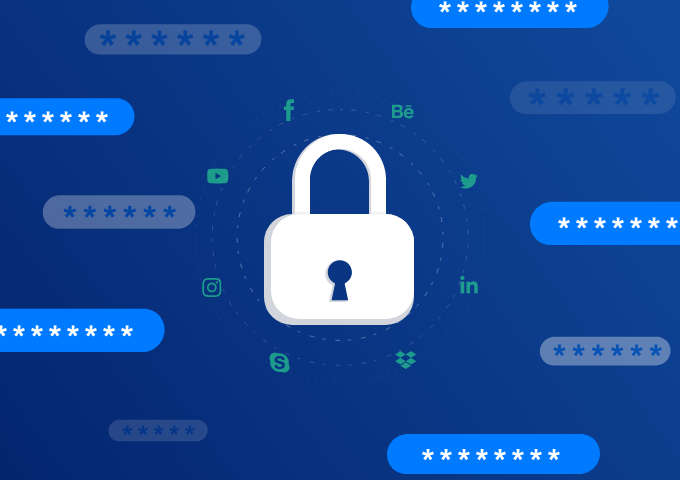
While a growing number of people are adopting password managers to secure their digital life, there’s still some hesitation from some quarters. While these people are aware of the benefits of a password manager acting as a secure vault for your online credentials and other important information, there are certain myths around password managers the holds them back.
Here’s our attempt at debunking some of the common myths around the use of password managers and counter the misinformation. Note that while we take responsibility of all the assertions made in this post when it comes to Enpass, we assume that the information shared holds true for other credible password managers as well. That said, do check the specifics before choosing one.
Myth: You can’t trust password managers
An increase in reported incidents of data breaches at a variety of online services has gotten some users worried if such a hack is possible with password manager apps. Afterall, a password manager is just another tech tool with varying degree of online connectivity.
This mistrust is misplaced. Password manager apps take considerable steps to lock down your data and avoid any breach. Often, they are also audited for securely. The only way to access your data is with a single master password that only you know – while all the data is securely encrypted.
Even if your device is hacked or there is a breach at the password manager’s servers, a good password manager will not know your master password to get in and the data stored in an encrypted format would be gibberish if accessed.
In case of offline password managers like Enpass, your data does not even interact with our servers in any way.
Myth: Password managers can’t prevent your data from being leaked in a data breach
While no app or service can guarantee you 100% security, yet the attempt is to do the maximum diligence one can. Every house can be broken into, but we still take care of locking the doors.
Password managers help transform your online behavior and your password habits. You’ll end up using strong and complex passwords generated by your password manager, which would save you from brute force attacks.
Also, because you don’t have to memorize passwords any longer, you don’t have to recycle passwords between different accounts or use the variations of the same passwords. When this is done, your email/username and password combo leaked in case of a breach is exclusive to that service and cannot be used elsewhere. Once you learn about the data breach, you can change the password, and all is well again.
Myth: It’s easy to remember passwords than setting up a password manager
These days, we are signing up on more and more apps, websites, and online services across our devices. It is impossible to memorize so many passwords, so we end up using easy, guessable passwords or recycling passwords thereby risking our digital security.
While it does take a while to set up your password manager and log all your credentials but post that, using a password manager is seamless allowing you to generate strong and complex passwords as well as autofilling them in webpages and apps.
Have you come across such myths about password managers? Let us know, so we can debunk it for the wider community. Download Enpass, and let us know if you need any help getting started by dropping a line at support@enpass.io or give us a shout out on Twitter or Facebook.